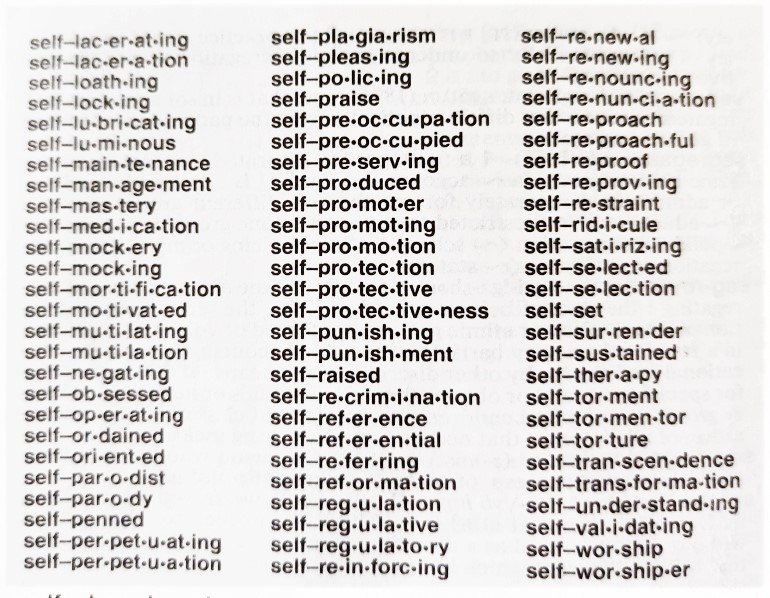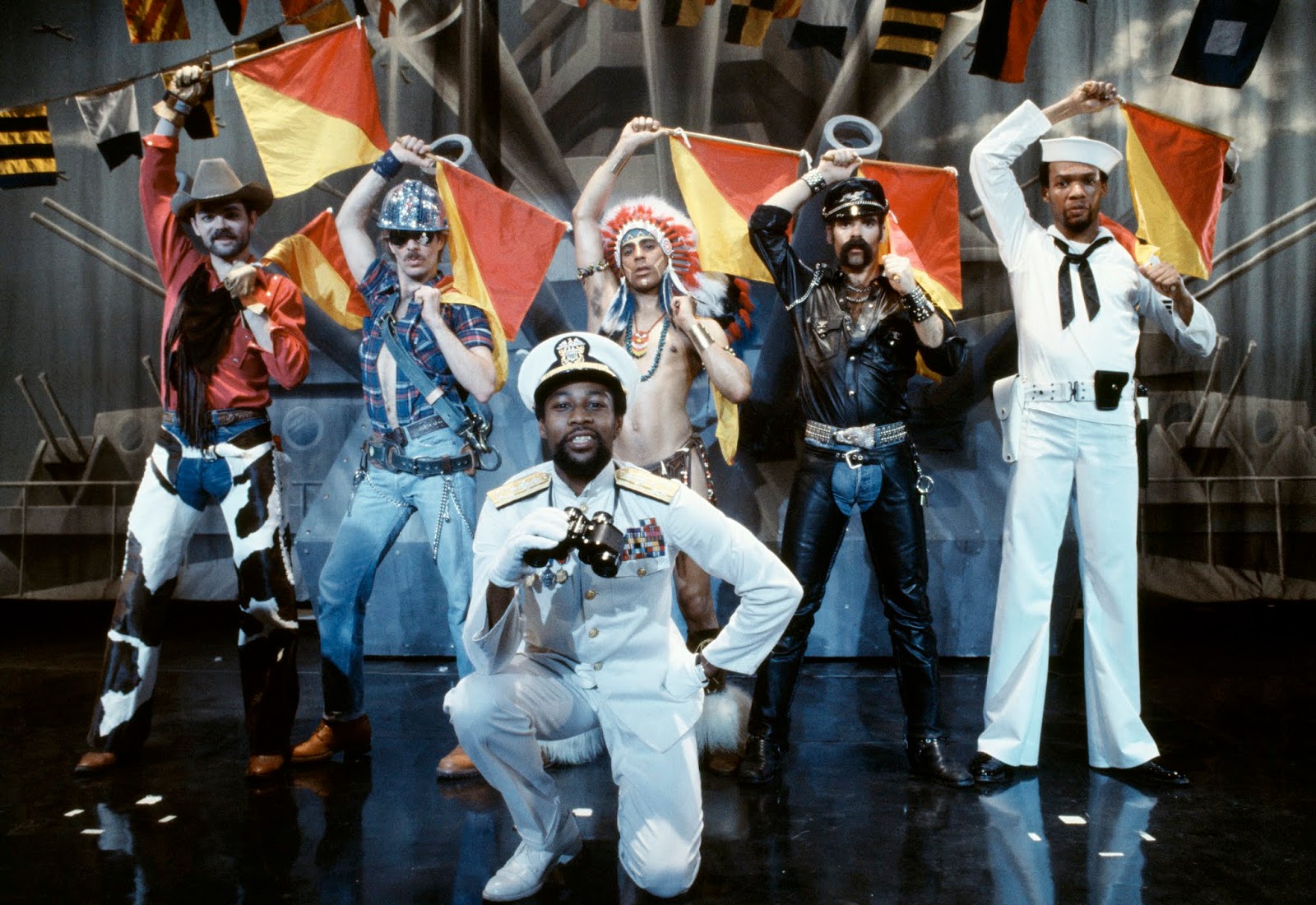More Exceptional Phrasal-Adjective Fun—The Number of the Beast
Trigger warning—someone will be triggered. We don't know how; we don't know why; we just know. Buckle up; this is gonna be a long ride, mofos.
Also, I will be liberally pointing out various writing devices/techniques/approaches in this post. For those who already find my posts dull, lifeless, and exceedingly long, this post may prove to be both tedious and your undoing.
(Item #1: when using "both" followed by two things, make sure that each phrase can stand on its own; e.g., in the previous sentence, "this post may prove to be . . . tedious" and "this post may prove to be . . . your undoing." Remove the extraneous phrase and read each separately—sometimes it helps to read them aloud.)
(Item #2: ellipses, used to show halted speech in the form ". . .", are typically called suspension points. But the more common literary use of ellipses is to show that something is missing from quoted material. In Item #1, I respectively replaced "both"/"and your undoing" and "both tedious and" with ellipses.)
(Item #3: though one should be consistent in the use of quotation marks ("s), clarity matters most. This can be seen in the preceding paragraph, in which I wanted to point out what an ellipsis is without confusing its form, so I used [". . .",] rather than [". . . ,"] to clearly indicate that the comma is not part of the elliptical form despite my standard use of American-style quotation placement.)
(Right about now, heads are exploding throughout Buckerooland. To get to the crown jewels, one must skewer some pawns.)
My fine Buckeroos,
I hope you survived your Halloween. Obviously you did to a degree, or you would not be here but rather in an emergency room, passed out in a gutter, or dead by the side of the highway, pockets picked and flesh gnawed.
Those pleasantries aside, some may recall my recent, gentle missive on the ways of phrasal adjectiving:
Phrasal Adjectives
(Item #4: ever notice how you're reading along and some bozo puts a comma between two words that seemingly don't need a comma? Here's the deal—when two adjacent adjectives modify the same noun and their order could be swapped without changing the meaning, they should be separated by a comma. Thus we have "recent, gentle" in the preceding paragraph, because I want to let the reader know that the two words are intended to have equal emphasis. Without the comma, the emphasis sways toward "gentle" being the main modifier and "recent" being either of lesser import or modifying the compound noun "gentle missive" to separate it from less-recent gentle missives.)
(Item #5: "less-recent" typically would not have a hyphen. In this case, I added a hyphen to make the phrasing easier to read.)
(Item #6: is "adjectiving" a word? Not really, in the sense that one cannot find it in the dictionary. English often morphs its nouns into verbs—consider "googling," "Photoshopped," and "homesteading." That's not what's going on here, however. I'm not trying to create a new word; I'm merely playing with an existing form to convey my meaning in a less boring way. It also shortens things up. Do it if you like, but do it intentionally and in moderation so you don't bug the hell out of people.)
Today we shall graduate to the exceptions, which reminds me of a quote:
Four exceptions when hyphenating phrasal adjectives are the most common:
(1) Adverbs ending in ly—not hyphenated because readers recognize an ly word as an adverb modifying the adjective or verb that immediately follows it
(2) The intensifiers more, most, less, least, and very—not hyphenated because readers recognize that these intensifiers modify adjectives that immediately follow them. This is true except when the phrase is compound and a hyphen is needed for clarity; e.g., most skilled workers is not the same thing as most-skilled workers, the first referring to how many workers and the second to those who are most skilled (example from Chicago Manual of Style).
(3) Phrasal adjectives that follow the noun they modify. So “a well-heeled gentleman” would be “a gentleman who is well heeled.”
(4) Certain words that always take a hyphen regardless of whether they occur before or after the word/phrase they modify. And the reason for that? Because, of course. (Actually, just as with #1 and #2 but in reverse, a hyphen is always needed for clarity, because the root word can be read to mean something else.) The most well known of these are phrasal adjectives formed from the word “self.” Because “self” can be read as a noun standing alone but also as an adjective, a hyphen is always added to the adjectival form to let the reader know what’s up. I’ve attached a list of the most common “self” adjectives directly from Merriam-Webster’s dictionary:
Also, I will be liberally pointing out various writing devices/techniques/approaches in this post. For those who already find my posts dull, lifeless, and exceedingly long, this post may prove to be both tedious and your undoing.
(Item #1: when using "both" followed by two things, make sure that each phrase can stand on its own; e.g., in the previous sentence, "this post may prove to be . . . tedious" and "this post may prove to be . . . your undoing." Remove the extraneous phrase and read each separately—sometimes it helps to read them aloud.)
(Item #2: ellipses, used to show halted speech in the form ". . .", are typically called suspension points. But the more common literary use of ellipses is to show that something is missing from quoted material. In Item #1, I respectively replaced "both"/"and your undoing" and "both tedious and" with ellipses.)
(Item #3: though one should be consistent in the use of quotation marks ("s), clarity matters most. This can be seen in the preceding paragraph, in which I wanted to point out what an ellipsis is without confusing its form, so I used [". . .",] rather than [". . . ,"] to clearly indicate that the comma is not part of the elliptical form despite my standard use of American-style quotation placement.)
(Right about now, heads are exploding throughout Buckerooland. To get to the crown jewels, one must skewer some pawns.)
My fine Buckeroos,
I hope you survived your Halloween. Obviously you did to a degree, or you would not be here but rather in an emergency room, passed out in a gutter, or dead by the side of the highway, pockets picked and flesh gnawed.
Those pleasantries aside, some may recall my recent, gentle missive on the ways of phrasal adjectiving:
(Item #5: "less-recent" typically would not have a hyphen. In this case, I added a hyphen to make the phrasing easier to read.)
(Item #6: is "adjectiving" a word? Not really, in the sense that one cannot find it in the dictionary. English often morphs its nouns into verbs—consider "googling," "Photoshopped," and "homesteading." That's not what's going on here, however. I'm not trying to create a new word; I'm merely playing with an existing form to convey my meaning in a less boring way. It also shortens things up. Do it if you like, but do it intentionally and in moderation so you don't bug the hell out of people.)
Today we shall graduate to the exceptions, which reminds me of a quote:
Woe to you, oh Earth and Sea, for the devil sends the Beast with wrath
Because he knows the time is short Let him who hath understanding reckon the number of the Beast For it is a human number, its number is six hundred and sixty six
—Stephen Percy Harris
Woe is to us, for English is littered with more exceptions than used needles in the back alleys of [insert your town’s name here].
Four exceptions when hyphenating phrasal adjectives are the most common:
(1) Adverbs ending in ly—not hyphenated because readers recognize an ly word as an adverb modifying the adjective or verb that immediately follows it
(2) The intensifiers more, most, less, least, and very—not hyphenated because readers recognize that these intensifiers modify adjectives that immediately follow them. This is true except when the phrase is compound and a hyphen is needed for clarity; e.g., most skilled workers is not the same thing as most-skilled workers, the first referring to how many workers and the second to those who are most skilled (example from Chicago Manual of Style).
(3) Phrasal adjectives that follow the noun they modify. So “a well-heeled gentleman” would be “a gentleman who is well heeled.”
(4) Certain words that always take a hyphen regardless of whether they occur before or after the word/phrase they modify. And the reason for that? Because, of course. (Actually, just as with #1 and #2 but in reverse, a hyphen is always needed for clarity, because the root word can be read to mean something else.) The most well known of these are phrasal adjectives formed from the word “self.” Because “self” can be read as a noun standing alone but also as an adjective, a hyphen is always added to the adjectival form to let the reader know what’s up. I’ve attached a list of the most common “self” adjectives directly from Merriam-Webster’s dictionary:
Several other words are also hyphenated in all forms. A nonexhaustive list follows (from Garner’s Modern English Usage):
Because folks always seem to think they will get a prize or a loving pat on the butt when they point out an infinitesimally small number of minor, obvious exceptions to these general mechanical issues despite the confusion it causes for others and all evidence to the contrary that any prizes or butt-pats are forthcoming, I shall now endeavor to disabuse them of this nasty habit. Words with “self” that don’t take a hyphen are (1) “self” words that are suffixed (e.g., selfish) and (2) “self” words not used adjectivally. Two examples of #3 are selfie and selfed. I think we all know that selfed is a verb from the early 1900s meaning “inbred.” Ironic, don’t you think? (Item #7: don’t use an apostrophe when stating decades as numbers—e.g., 1980s—unless you happen to be the New York Times. The New York Times does what it wants and doesn’t give a fuck what other people think.) Some will now ask (I know what’s coming because I’m a potion-conjuring soothsayer borne of the bestial coupling of a unicorn with a mad elf), “Why are you such a giver? You give, give, give with no expectation of a return” (to educate those not lost and annoy those beyond redemption), while others will less charitably ask, “But who the fuck cares?” Your readers, that’s who. (Item #8: Microsoft Word believes “who” should be “whom”; MS Word is wrong. Keep that in mind when you trust your technology to a fault.) Something extraspecial for the satanically inclined:





Comments
Post a Comment